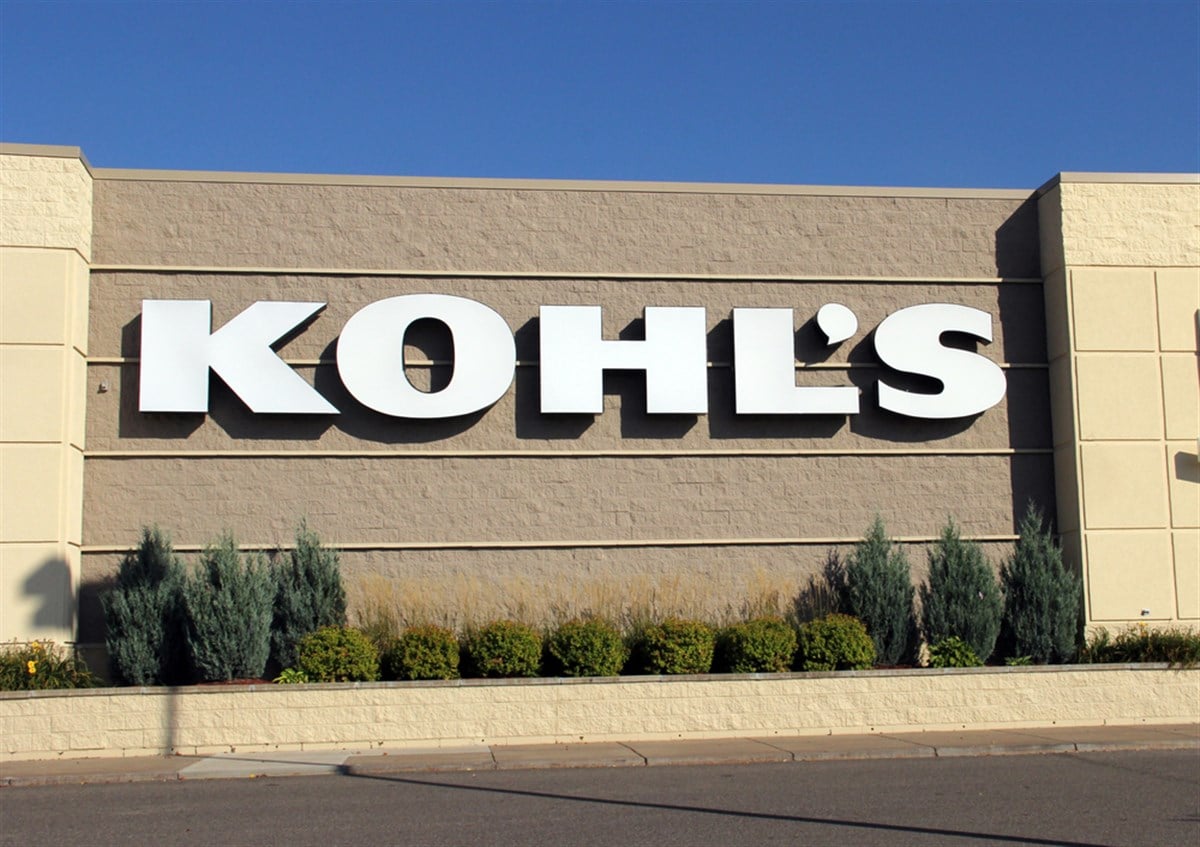Joby Aviation's Pullback: A Gift for Investors Who See the Future

After an impressive rally that saw its stock surge from under $9 in early June to an all-time high above $20 in August, Joby Aviation (NYSE: JOBY) has entered a period of healthy consolidation. Shares have pulled back over 20%, a move fueled by headlines highlighting and hyping automated insider selling and broad profit-taking by early retail investors.
For some, this pullback looks like a signal of caution. For forward-looking investors who like to dig deeper, however, the data tells a different story. A detailed analysis of all the data reveals that the bearish signals are largely misinterpreted market noise.
The market is overlooking bullish technical indicators and, most importantly, the immense, tangible value of the company’s now-completed acquisition of Blade Air Mobility's passenger business, creating a potential disconnect between Joby’s current stock price and the company's newly fortified fundamental reality.
Why the Bear Case Is Weaker Than It Looks
To understand the current opportunity, it’s crucial to separate market noise from the company’s fundamental signals. First, the high volume of recent insider sales requires context. These transactions were executed under pre-scheduled SEC Rule 10b5-1 trading plans. This mechanism enables insiders to establish a predetermined schedule for selling stock in the future, thereby providing a defense against accusations of trading on non-public information. For investors, this context reframes these sales from a sign of lost confidence to a routine, automated financial planning process.
While headlines focused on those sales, a more powerful indicator of market sentiment moved in a bullish direction. Joby Aviation’s short interest report reveals a nearly 13% decrease in the number of shares sold short. This means that as the stock rallied, investors betting against the company were forced to retreat, creating over $100 million in buying pressure as they covered their positions.
These two facts, when combined, suggest that the recent stock price decline is therefore more likely attributable to long-term investors of all classes (insider, institutional, and retail) taking profits after a massive run, rather than a new wave of bearish attacks.
A Fundamental Upgrade Hiding in Plain Sight
While the market has been distracted by short-term price action, Joby has fundamentally strengthened its business. On Aug. 29, the company officially closed its acquisition of Blade Air Mobility's passenger business, transforming a strategic plan into a concrete asset. Blades' passenger business is a profitable, operational business, providing a strategic base for Joby’s fundamental re-evaluation.
A look at the numbers from Blade's last reported quarter for its passenger segment reveals the tangible value Joby now owns. It's a business that generated approximately $25.7 million in revenue with a positive Passenger Adjusted EBITDA of around $2.4 million and an impressive 30.5% Flight Margin. Flight Margin is a profit metric that measures the core profitability of the transportation service itself. For reference, the average commercial flight margin of major carriers in the airline sector is around 3% to 4%. With a network of 12 urban terminals and an operation that flew tens of thousands of passengers in the first half of 2025, Joby has just acquired immediate scale.
For investors, this acquisition represents a significant de-risking event that addresses key commercialization challenges years ahead of schedule.
- Accelerated U.S. Launch: Joby now owns a turnkey operational platform, including critical terminal infrastructure in New York City's most important locations (JFK, Newark, Wall Street, and both the East and West Sides of Manhattan), drastically shortening its path to revenue in the U.S. upon certification.
- De-Risked Commercial Plan: The deal solves the immense hurdles of initial infrastructure build-out and customer acquisition, bringing Blade's loyal, premium customer base of over 50,000 annual passengers in-house.
- Operational Intelligence: Joby instantly gains a decade of invaluable real-world expertise and the leadership of Blade's founder, Rob Wiesenthal, who will continue to run the business as a Joby subsidiary. The integration has already begun, with plans to implement Joby's ElevateOS software to drive immediate efficiencies.
An Opportunity Before the Next Major Catalyst
An apparent disconnect has formed between the market’s short-term consolidation and the execution of Joby’s long-term strategic plan. The recent pullback is based on misinterpreted signals, while the company has fundamentally improved its position by acquiring a profitable, operational business.
At these consolidated price levels, the market is giving insufficient credit to the immediate value and long-term strategic advantage that the Blade acquisition provides.
The next major catalyst is the public demonstration flights in Japan with partner ANA Holdings at EXPO 2025, which start on Oct. 1, less than a month away.
As a result, market attention is likely to shift back to Joby's forward momentum. The current disconnect between a consolidating stock price and a newly strengthened fundamental reality presents a compelling opportunity for investors to consider a position before the next phase of the company's growth story takes flight.
Learn more about JOBY


